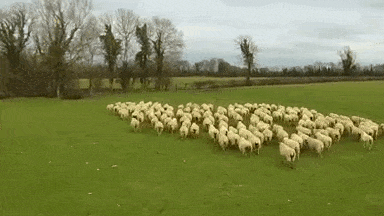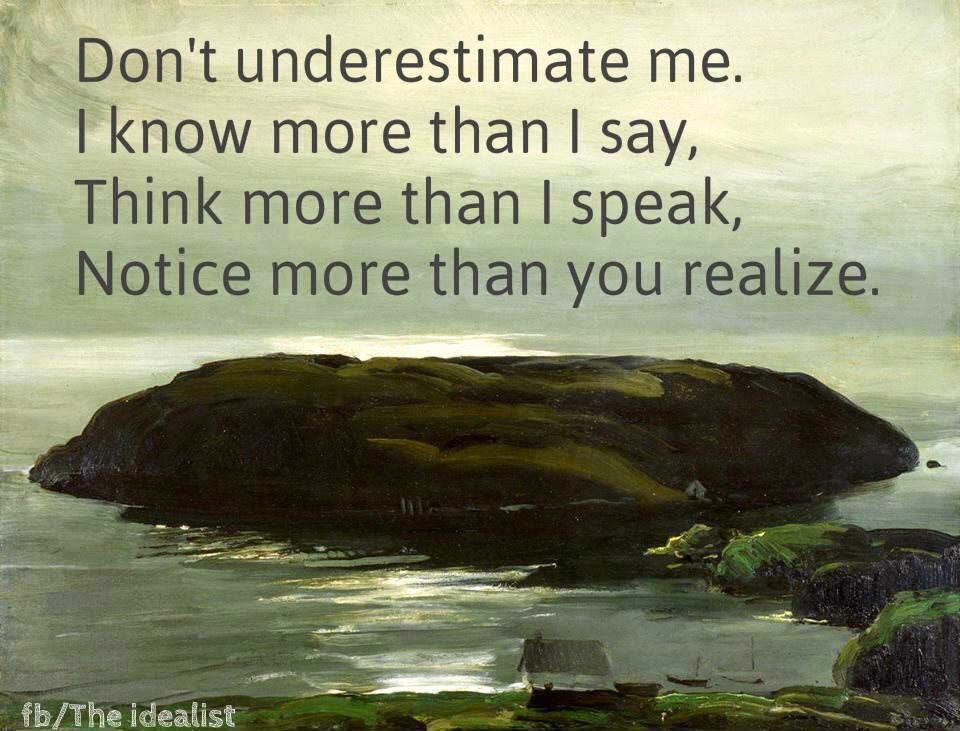1. Who will believe (sustain; support; bear; care about) the authorized 
.
.
.
.
.
2. My servant sprung-up (was released from a constraining, repressing or confining housing or shell, as if by resilience or the process of “spring” *) like a tender (sensitive; young; delicate; fragile; impressionable; loving) “sucker” (sprout; twig; new-shoot or growth emerging from a felled family-tree) in order to serve (further; promote; support; advance) the needs, purposes, and intentions of this (our) generation of Israel’s people and as (acting
* “Soon, it will be like “spring” after a long winter”
.
.
.
.
3. She is someone who has been viewed by others with disdain (contempt; scorn; disrespect) and

.
.
.
.
.
4. Nevertheless (despite that; however), she has lifted (born; suffered; carried; endured; accepted) our inadequacies (weakness; deficiencies) and has taken-them-up (forgiven-
.
.
.
.
.
5. But all along (all the time; from the beginning) she has been pierced (hurt; wounded) to atone (pay the price; compensate; suffer the penalty; suffer the consequences) for our

.
.
.
.
.
6. Our whole generation behaves like a flock of sheep (or maybe goats) who’ve strayed (been seduced; been deceived; erred; wandered-away). Each one has turned-away (departed; 
.
.
.
.
.
7. She’s been oppressed (subject to harsh and authoritarian treatment) and she continues to be

.
.
.
.
.
.
8. As a result of continuous restraints (controls; limitations) in her life, she has been “taken-in” (won-over; deceived; buffaloed; hoodwinked; bamboozled; beguiled; flim-flamed; defrauded; fooled; misled) by those who’ve grossly (entirely; totally; completely) misjudged (formed a wrong conclusion about; underestimated) her, then, having her descendants (offspring; seed) in mind, they have hope to bring-them-down (dig a pit with which to trap them) to make absolutely sure that this (our) generation of Israel’s people is totally excluded (cut-down; cut-off) from the “Land” (society) of those who enjoy Eternal-Life (“Heavenly-sustenance”), because of the rebellion of people who seek to “lay hands on” * them………..
* The “laying on of hands” is a religious practice. In Christian churches, this practice is used as both a symbolic and formal method of invoking the Holy Spirit, primarily during baptisms and confirmations, healing services, blessings, and ordinations of priests, ministers, elders, and other church officers, along with a variety of other church sacraments and holy ceremonies.
symbolic and formal method of invoking the Holy Spirit, primarily during baptisms and confirmations, healing services, blessings, and ordinations of priests, ministers, elders, and other church officers, along with a variety of other church sacraments and holy ceremonies.

******************************
In Mormonism, those men who have received Mormonism’s Melchizedek priesthood authority may lay their hands on the head of the person receiving an ordinance or blessing. This act, they believe, has always been used as a way to invoke the power of God.
.
.
.
.
.
9. ……….and be forever assigned (designated; named; attached; appointed) a grave (burial;
.
.
.
.
.
.
10. Yet, Jehovah has “seen fit” (considered appropriate and desirable) to humble (abase; demean; lower the dignity of) her and cause her to suffer, although the lord makes her life a “Guilt-Offering” *, she will see (enjoy; realize; experience; joyfully look upon) offspring (seed; children). He (Jehovah) will prolong their days (lives) and they will prosper by the hand (spirit; power) of Jehovah, they will prosper (succeed in material terms; be financially successful).
* Guilt Offering -Each offering in Israel’s sacrificial system has its place, but there is a special feature of the guilt offering (also known as the reparation offering) that makes it particularly relevant to the world of work. The guilt offering of Leviticus is the seed of the biblical doctrine of repentance. (Numbers 5:5-10 is directly parallel.) According to Leviticus, God required offerings whenever a person deceived another with regard to a deposit or a Pledge (e.g. a marriage covenant); committed robbery or fraud, lied about lost property that had been found, or swore falsely about a matter (Lev. 6:2-3). It was not a fine imposed by a court of law, but a reparation offered by perpetrators who got away with the offense, but who then felt guilty later when they came to “realize” their guilt (Lev. 6:4-5). Repentance by the sinner, not prosecution by the authorities, is the basis of the guilt offering.
work. The guilt offering of Leviticus is the seed of the biblical doctrine of repentance. (Numbers 5:5-10 is directly parallel.) According to Leviticus, God required offerings whenever a person deceived another with regard to a deposit or a Pledge (e.g. a marriage covenant); committed robbery or fraud, lied about lost property that had been found, or swore falsely about a matter (Lev. 6:2-3). It was not a fine imposed by a court of law, but a reparation offered by perpetrators who got away with the offense, but who then felt guilty later when they came to “realize” their guilt (Lev. 6:4-5). Repentance by the sinner, not prosecution by the authorities, is the basis of the guilt offering.

.
.
.
.
.
.
.
.
11. As a result of the perseverance (persistence in doing something despite difficulty or delay
.
.
.
.
.
12. A portion (part; lot; heritance) of the “Strength and Power of God” originating with


